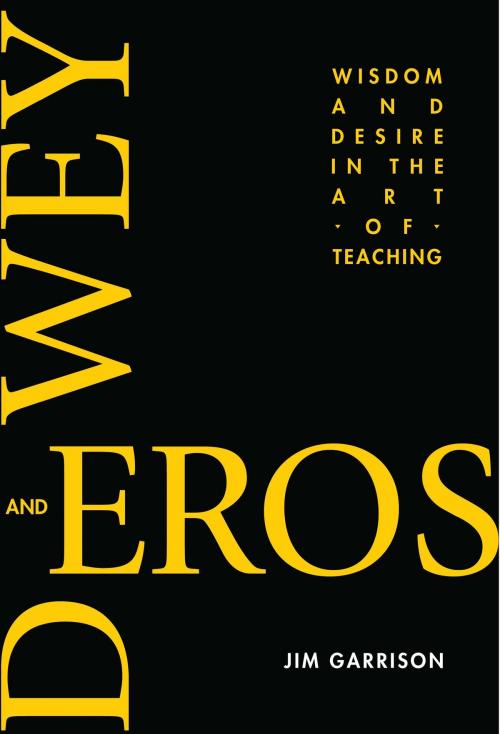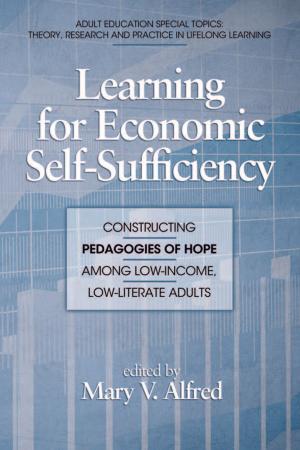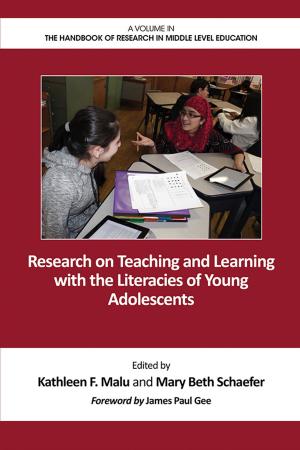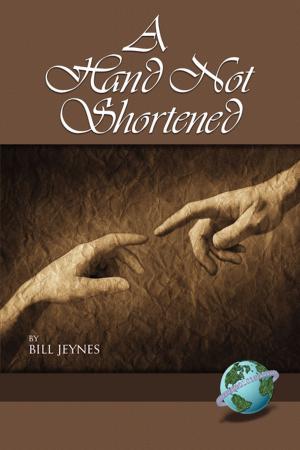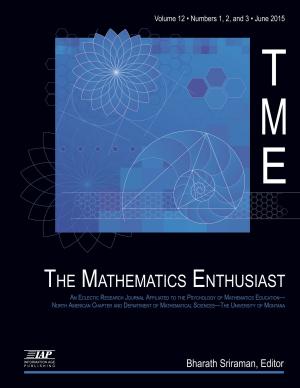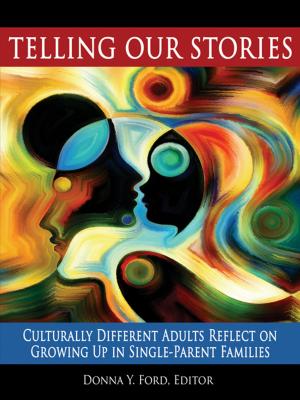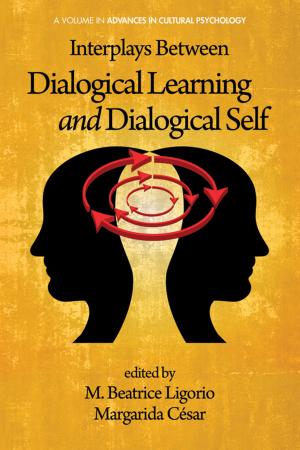Dewey and Eros
Wisdom and Desire in the Art of Teaching
Nonfiction, Reference & Language, Education & Teaching, Higher Education, Teaching, Teaching Methods| Author: | Jim Garrison | ISBN: | 9781617350535 |
| Publisher: | Information Age Publishing | Publication: | June 1, 2010 |
| Imprint: | Information Age Publishing | Language: | English |
| Author: | Jim Garrison |
| ISBN: | 9781617350535 |
| Publisher: | Information Age Publishing |
| Publication: | June 1, 2010 |
| Imprint: | Information Age Publishing |
| Language: | English |
"We become what we love," states Jim Garrison in Dewey and Eros: Wisdom and Desire in the Art of Teaching. This provocative book represents a major new interpretation of Dewey's education philosophy. It is also an examination of what motivates us to teach and to learn, and begins with the idea of education of eros (i.e., passionate desire)"the supreme aim of education" as the author puts itand how that desire results in a practical philosophy that guides us in recognizing what is essentially good or valuable. Garrison weaves these threads of ancient wisdom into a critical analysis of John Dewey's writings that reveal an implicit theory of eros in reasoning, and the central importance of educating eros to seek "the Good." Chapters: Plato's Symposium: Eros, the Beautiful, and the Good • Care, Sympathy, and Community in Classroom Teaching: Feminist Reflections on the Expansive Self • PlayDoh, Poetry, and "Ethereal Things" • The Aesthetic Context of Inquiry and the Teachable Moment • The Education of Eros: Critical and Creative Value Appraisal • Teaching and the Logic of Moral Perception This book can be used in graduate courses in foundations, teacher education, philosophy of education, qualitative research, arts and education, language and literacy, and women and education. Jim Garrison is Professor of Philosophy of Education at Virginia Tech in Blacksburg, VA. He is pastpresident of the John Dewey Society and a winner of the Society's Outstanding Achievement Award.
"We become what we love," states Jim Garrison in Dewey and Eros: Wisdom and Desire in the Art of Teaching. This provocative book represents a major new interpretation of Dewey's education philosophy. It is also an examination of what motivates us to teach and to learn, and begins with the idea of education of eros (i.e., passionate desire)"the supreme aim of education" as the author puts itand how that desire results in a practical philosophy that guides us in recognizing what is essentially good or valuable. Garrison weaves these threads of ancient wisdom into a critical analysis of John Dewey's writings that reveal an implicit theory of eros in reasoning, and the central importance of educating eros to seek "the Good." Chapters: Plato's Symposium: Eros, the Beautiful, and the Good • Care, Sympathy, and Community in Classroom Teaching: Feminist Reflections on the Expansive Self • PlayDoh, Poetry, and "Ethereal Things" • The Aesthetic Context of Inquiry and the Teachable Moment • The Education of Eros: Critical and Creative Value Appraisal • Teaching and the Logic of Moral Perception This book can be used in graduate courses in foundations, teacher education, philosophy of education, qualitative research, arts and education, language and literacy, and women and education. Jim Garrison is Professor of Philosophy of Education at Virginia Tech in Blacksburg, VA. He is pastpresident of the John Dewey Society and a winner of the Society's Outstanding Achievement Award.
